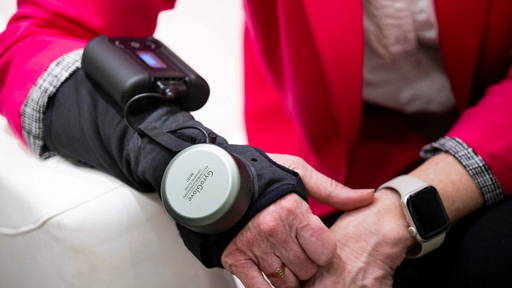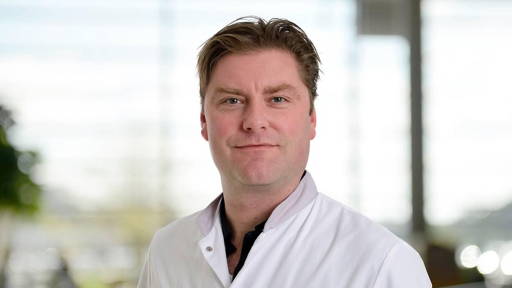Medication errors constitute a large, yet potentially preventable, cause of patient morbidity and mortality, resulting in 95 000 deaths per year in Europe alone. Indeed, 23 % of EU citizens claim to have suffered from medical practice errors. One solution is to improve training for medical staff using virtual reality systems. Despite already existing in the market, most of these technologies present limited clinical scenarios and lack of medical validation.
Success for a medical training flagship platform
Mr Ronald Nanninga, abcdeSIM-VR project coordinator, explains the evolution of the new revolutionary training system, “We created AbcdeSIM some years ago, initially focusing on residents at the Erasmus MC Medical Center, training in acute medicine based on the international ABCDE standard.” The airway, breathing, circulation, disability, exposure (ABCDE) protocol is an approach designed for all deteriorating or critically ill patients.
The initial AbcdeSIM was validated by several publications, achieved continuing medical education (CME) accreditation, and has gained public recognition by winning several awards – the winner of the Accenture Innovation Award 2014 and finalist in Best Educational Innovation 2015. The flagship product reached 50% of all Dutch hospitals and more than 200 institutions in the United Kingdom by partnering with the British Royal College of Physicians.
Evolution of education for medical professionals
Training is an extremely dynamic area where adaption of medical professionals’ experience to new environments is crucial, and more complex patient treatment scenarios are associated with the elderly population. Moreover, a 56 % increase of the over 60 population is expected by 2030. This means a heavy demand for healthcare and the need for a broader health workforce will increase dramatically in the coming years. “Therefore, it is of utmost importance to develop and implement efficient, scalable and affordable medical training,” Nanninga points out.
Revamped initial model
The new revolutionary system, the AbcdeSIM-VR comprises a virtual reality headset and the web-based simulation platform includes the games. The medical trainee wears the VR headset, and is fully immersed in a simulated real environment, being able to perform on virtual patients, in real-time, under different clinical settings. Using serious gaming and state-of-the-art simulation technology (including a real-life physiological virtual patient model) ensures that medical staff will have a higher level of knowledge and skills before entering the conventional face-to-face classroom training.
Virtual patient responds on the treatment, exactly as a real patient would
The researchers have high hopes for the AbcdeSIM-VR. Projections anticipate that sales will increase 20-fold and reach EUR 4.6 million by 2022, while creating 6 new direct jobs 3 years after market launch. Benefits for target customers – hospitals and academic centres – include reduction of training time and costs as well as a safe way to gain hands-on experience in real-world clinical situations, while assuring patient safety.
Future plans
Now the so-called SME Instrument phase 1 is complete, the AbcdeSIM-VR team have a fresh list of ambitious objectives. Upgrades of the simulation and physiological patient models are on the drawing board plus the addition of more medical scenarios. These include core acute medicine to pre-hospital, remote and rural care as well as trauma. The target user is the global market including developed and developing countries.
Teaching methods and strategies will also be optimised by backend extension. Other improvements include compatibility with smart devices and seamless integration with the VR hardware.
The plans for the next phase have just been submitted and these are accompanied by letters of support and recommendation from Dutch as well as international hospitals and industry partners. Nanninga sums up the success of the project, “AbcdeSIM-VR is reinventing medical training. Users, both doctors and nurses in training as well as experienced professionals as part of their ‘refresher course’ can fully experience real-emergency-environment situations and intervene in treatment of patients in various clinical settings in a safe setting.”
Virtual Patient Model
At the core of AbcdeSIM sits out physiological patient model, aka ‘Virtual Patient Model’. This model gives medical relevance to AbcdeSIM, in making the virtual patient respond on the treatment, exactly as a real patient would. A validated mathematical model is a result of years of extensive research and close collaboration between the department of Technical Medicine at the University of Twente and the Erasmus University Medical Center. The model enables abcdeSIM to accurately mimic medical conditions and automatically respond to clinical interventions.
This mathematical model consists of coupled cardiovascular, respiratory and pharmacological systems. While containing more than 200 parameters and dozens of differential equations, the model runs real-time in the browser of any desktop computer.







